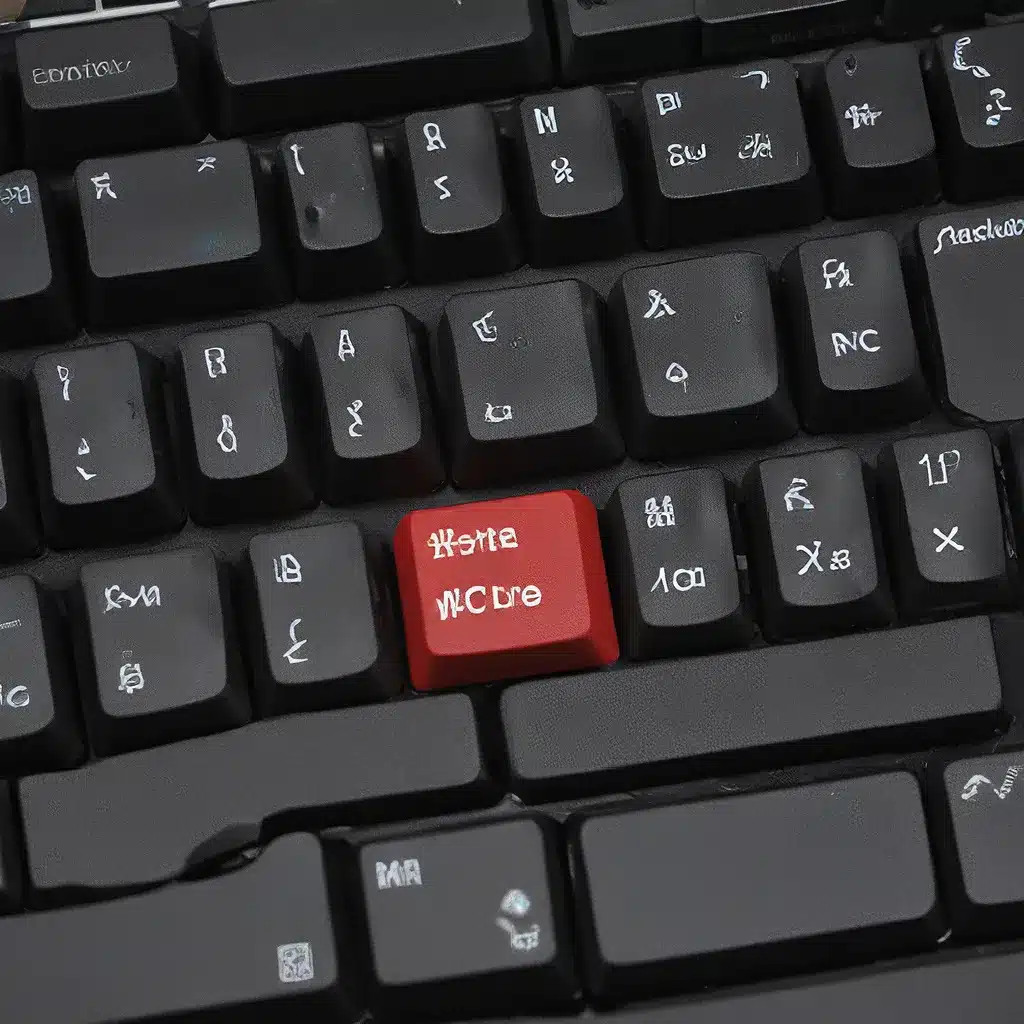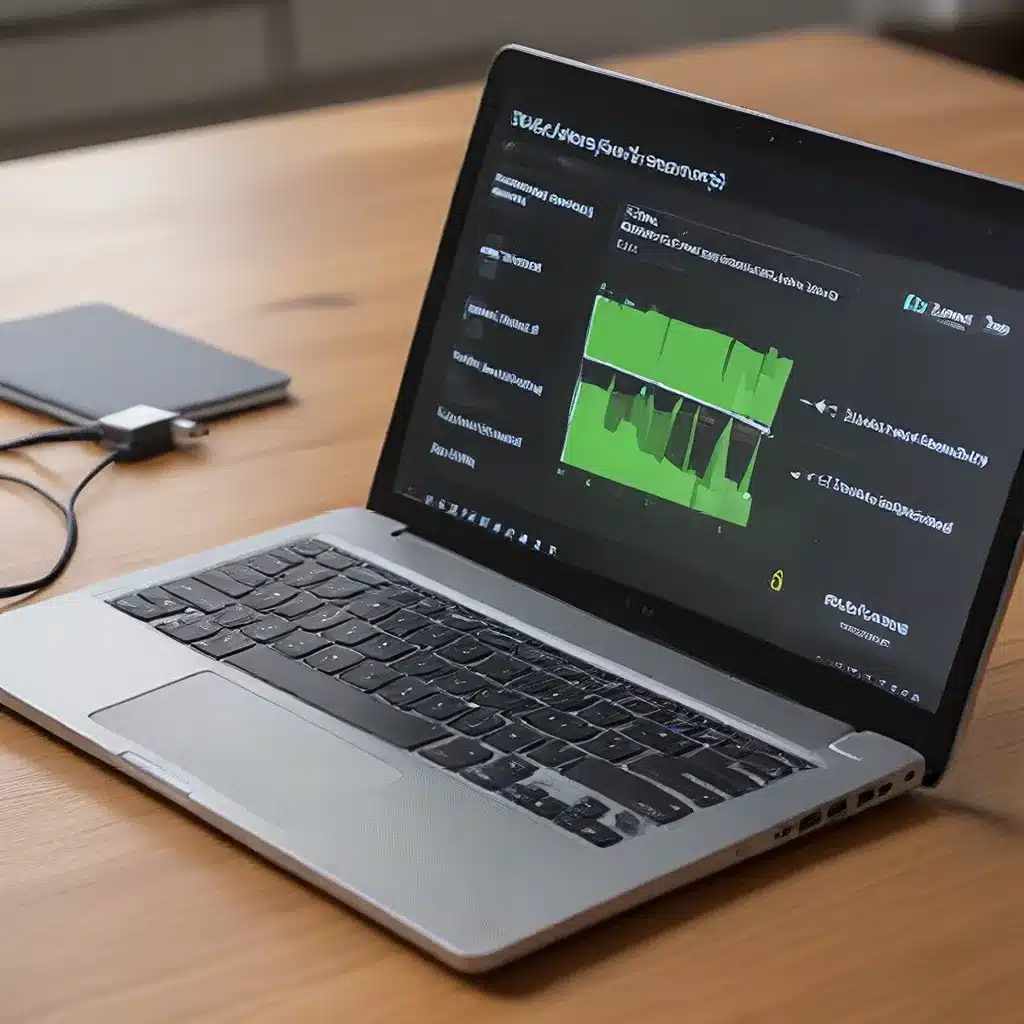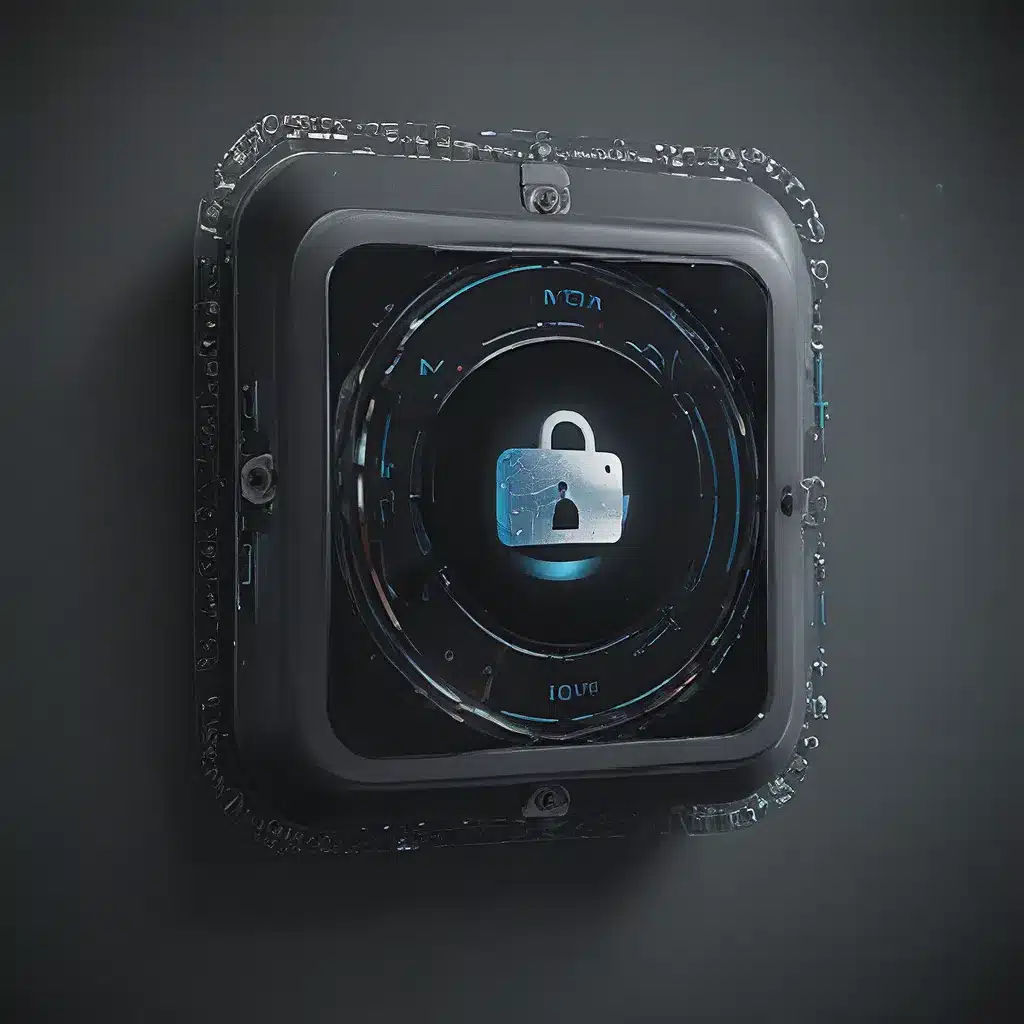The Hacking Pandemic
Have you ever had that sinking feeling when you realize your online accounts have been compromised? It’s a nightmare that’s becoming increasingly common, with cybercrime the fastest growing type of crime in the United States [1].
As someone who’s run a UK computer repair service for the past decade, I’ve seen first-hand how devastating a hack can be. One minute you’re going about your day, the next your bank accounts are drained, your sensitive information is leaked, and your digital life is in shambles. It’s enough to make anyone want to swear off the internet for good.
But you don’t have to live in fear. In fact, with a few simple steps, you can dramatically reduce your chances of getting hacked and protect your online accounts. And that’s exactly what I’m going to show you in this in-depth guide.
Recognizing the Warning Signs
The unfortunate truth is that if you’re even asking the question “have I been hacked?”, the answer is likely yes [2]. Hackers are masters at slipping under the radar, using sneaky tactics to infiltrate your accounts without you even realizing it.
Some of the most common signs that your accounts have been compromised include:
- Unexplained charges on your credit/debit card
- Receiving notifications of logins from unfamiliar devices or locations
- Your passwords suddenly not working
- Suspicious activity in your online accounts (e.g. sent emails you didn’t write)
- Your social media accounts posting things you didn’t share
The key is to be vigilant and act quickly if you notice anything out of the ordinary. The sooner you can identify a hack, the better your chances of limiting the damage.
Securing Your Accounts
Okay, so you suspect you’ve been hacked. Now what? Don’t panic – there are steps you can take to regain control of your accounts and protect yourself going forward.
Change Your Passwords
Your passwords are often the first and only line of defense against hackers. That’s why the very first thing you should do is update all of your account passwords – not just the ones you know were compromised [3].
I know, I know – changing all your passwords is a pain. But trust me, it’s worth it. Hackers love to use information from previous data breaches to access your current accounts. And if you’ve been using the same password across multiple sites (guilty as charged!), then your entire digital life is at risk.
Freeze Your Credit
If the hackers got their hands on your credit or banking information, you need to act fast to limit the damage. Start by contacting the three major credit bureaus – Experian, Equifax, and TransUnion – and request a credit freeze [4]. This will block anyone from opening new accounts or taking out loans in your name.
Then call your bank’s fraud department and let them know what’s happening. They can cancel your compromised cards and accounts, and get you set up with new, secure ones.
Enable Two-Factor Authentication
Two-factor authentication (also known as 2FA or multi-factor authentication) is one of the best ways to protect your online accounts. It adds an extra layer of security by requiring a secondary piece of information – like a code sent to your phone – along with your password [5].
Now, I know what you’re thinking – “But what if they hack my phone too?” That’s a valid concern. That’s why I recommend using an authenticator app instead of SMS codes, which are more vulnerable to hacking [6]. Apps like Google Authenticator or Authy generate those 30-second codes that are nearly impossible for criminals to intercept.
Disconnect from the Network
If your device has been hacked, it could put other devices on the same network at risk. As soon as you suspect foul play, disconnect your computer, phone, or tablet from the internet to limit the spread of any malware [7].
Cleaning Up the Mess
Alright, you’ve secured your accounts and minimized the immediate damage. Now it’s time to do a thorough clean-up and make sure the hackers are completely out of your digital life.
Scan for Malware
Your first order of business is to run a comprehensive malware scan on all your devices. Use a reputable antivirus or anti-malware program to detect and eliminate any lingering malicious software [8]. This will help ensure the hackers haven’t left behind any backdoors or keyloggers to continue monitoring your activity.
Secure Your Devices
While you’re at it, make sure all your devices – from your smartphone to your smart home gadgets – are running the latest software updates. Outdated operating systems and apps often have vulnerabilities that hackers can exploit [9].
Notify Contacts
Once you’ve reclaimed your accounts, be sure to alert your friends, family, and any other contacts that may have received suspicious messages from you. Hackers often use compromised accounts to spread malware or scams, so getting the word out can help protect your loved ones [10].
Preventing Future Hacks
Okay, you’ve weathered the storm. But how do you make sure you don’t end up in this situation again? Here are some of the best ways to bulletproof your online security:
Use a Password Manager
Tired of juggling a million different passwords? A password manager can be an absolute lifesaver. Not only do they generate and store super-strong, unique passwords for all your accounts, but they can also alert you if any of your login credentials have been compromised in a data breach [11].
Freeze Your Credit Regularly
Data breaches are disturbingly common these days, and your personal information is often the first thing that gets leaked. To stay one step ahead of the hackers, make a habit of freezing and unfreezing your credit with the three major bureaus on a regular basis [12].
Declutter Your Digital Life
The more accounts, devices, and online profiles you have, the more potential entry points for hackers. Take some time to audit your digital footprint and get rid of any old or unused accounts, apps, and other connections that could be vulnerable [13].
Be Wary of Suspicious Activity
Phishing scams, malicious links, and other social engineering tactics are how many hackers gain their initial foothold. Stay vigilant, and don’t click on anything suspicious – even if it looks like it’s from a trusted source [14].
Reclaiming Your Digital Life
Getting hacked is a nightmare scenario, but it doesn’t have to be the end of the world. By taking proactive steps to secure your online accounts and minimize your digital footprint, you can dramatically reduce your risk of falling victim to cybercriminals.
And if the worst should happen and you do find yourself on the receiving end of a hack, don’t panic. Stay calm, follow the steps I’ve outlined here, and take comfort in the fact that you’re not alone. Millions of people just like you are battling this growing threat every single day.
With a little diligence and the right security measures in place, you can reclaim your digital life and get back to living, working, and connecting online without constant fear of being hacked. So what are you waiting for? Let’s get started!
[1] FBI, “2022 Internet Crime Report”, https://www.ic3.gov/Media/PDF/AnnualReport/2022_IC3Report.pdf
[2] Aura, “Have I Been Hacked? How to Tell and What to Do”, https://www.aura.com/learn/have-i-been-hacked
[3] Support.google.com, “Help protect your Google Account”, https://support.google.com/accounts/answer/46526?hl=en
[4] Consumer.ftc.gov, “How to Recover Your Hacked Email or Social Media Account”, https://consumer.ftc.gov/articles/how-recover-your-hacked-email-or-social-media-account
[5] Wired, “How to Prevent Getting Hacked”, https://www.wired.com/story/how-to-prevent-getting-hacked/
[6] Kaspersky, “What to Do If Your Email Account Has Been Hacked”, https://usa.kaspersky.com/resource-center/threats/what-to-do-if-your-email-account-has-been-hacked
[7] Wyze, “Camera Was Hacked”, https://forums.wyze.com/t/camera-was-hacked/77027
[8] Aura, “Have I Been Hacked? How to Tell and What to Do”, https://www.aura.com/learn/have-i-been-hacked
[9] Support.google.com, “Help protect your Google Account”, https://support.google.com/accounts/answer/46526?hl=en
[10] Consumer.ftc.gov, “How to Recover Your Hacked Email or Social Media Account”, https://consumer.ftc.gov/articles/how-recover-your-hacked-email-or-social-media-account
[11] Aura, “Have I Been Hacked? How to Tell and What to Do”, https://www.aura.com/learn/have-i-been-hacked
[12] Aura, “Have I Been Hacked? How to Tell and What to Do”, https://www.aura.com/learn/have-i-been-hacked
[13] Aura, “Have I Been Hacked? How to Tell and What to Do”, https://www.aura.com/learn/have-i-been-hacked
[14] Aura, “Have I Been Hacked? How to Tell and What to Do”, https://www.aura.com/learn/have-i-been-hacked













